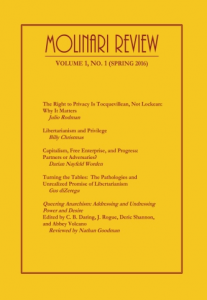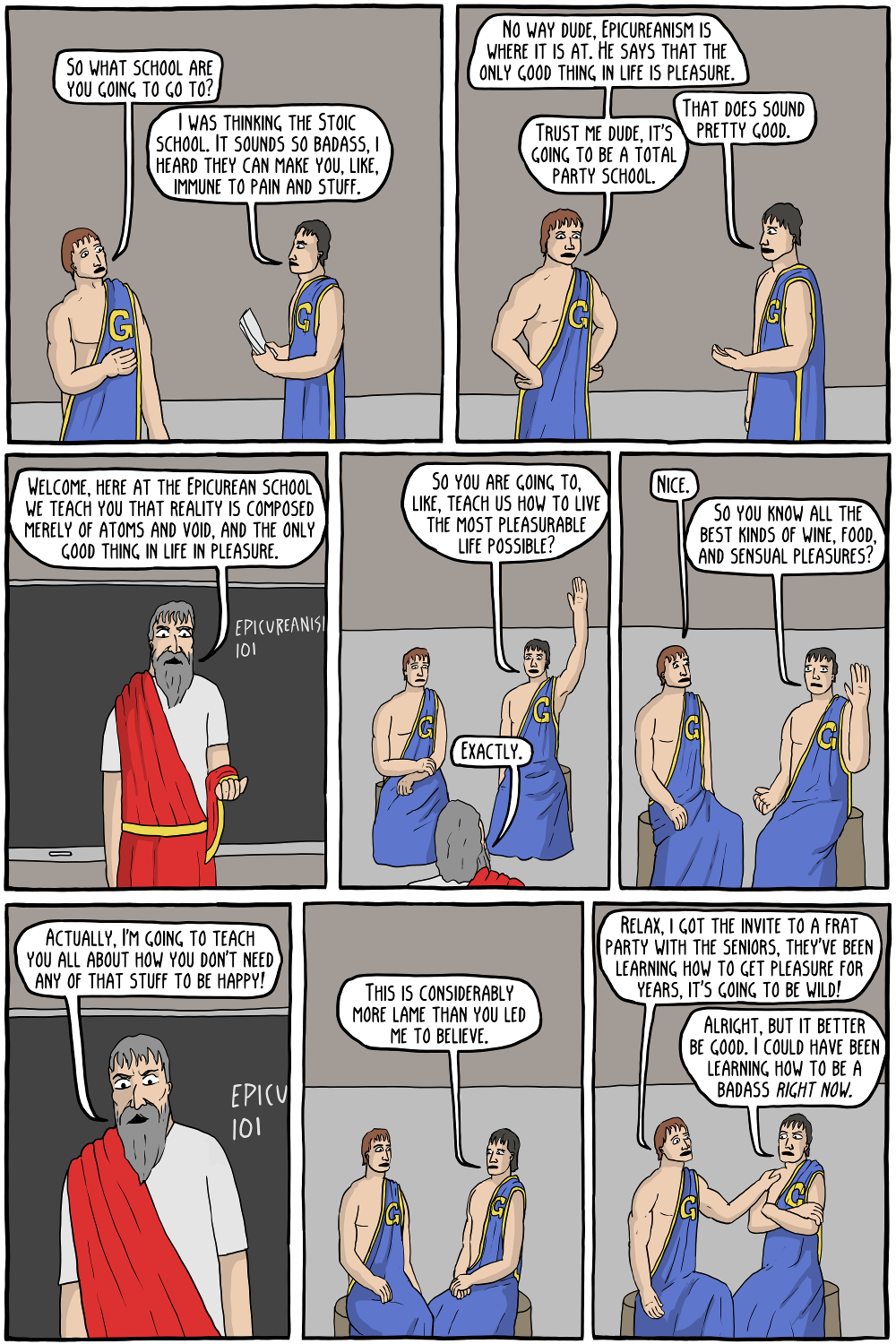What I’m Reading: Barbara Carnevali, “Against ‘Theory'”
Shared Article from The Brooklyn Rail
A simulacrum of philosophy has risen in university departments all over the world: theory, fake philosophy for non-philosophers.
brooklynrail.org
A simulacrum of philosophy has risen in university departments all over the world: theory, fake philosophy for non-philosophers . . . a sort of collective thinking, of a koine, well-known to anyone who teaches in a field of the humanities at a university: a mix of ideas and phrases . . . blended into one melting pot, in varying doses and combinations. . . . Formed in a DIY fashion inside a limited thematic agenda–power, gender, desire, the subject and the multitudes, the dominated-dominating couple–theory is defined and recognized mainly by its pragmatic use. Those who cultivate it, coming from other disciplinary sectors–mostly comparative literature, art theory and criticism, and cultural studies–seek to justify their own research inside a wider and more "committed" framework, that is programmatically turned towards the challenge of the present. . . .
Differently from philosophy, which functions under long, frustrating timings, and very rarely reaches any certainty, theory is quick, voracious, sharp, and superficial: its model is the
reader,a book made to help people make quotations from books that are not read. Exactly for that reason, it functions as a common language and a ground for transdisciplinary aggregation. Those who teach risky subjects such as aesthetics and political philosophy have begun to worry a long time ago. . . . The main weakness of theory is the loss of all the specific attributes, which have allowed to define philosophy in its different traditions: it does not have the rigor, the clarity, the solidity of definitions and argumentations, which characterizes the practice from a formal viewpoint; it does not have the ability to raise truly defamiliarizing questions, and, above all, it does not have a taste for a passionate search for truth. Not only does theory not exceed the doxa, but it produces a second level thereof. Therefrom comes the paradox of aradicalgesture, which becomes a habitus, conformist and predictable.–Barbara Carnevali, Against Theory,
The Brooklyn Rail, 1-Sep-2016




